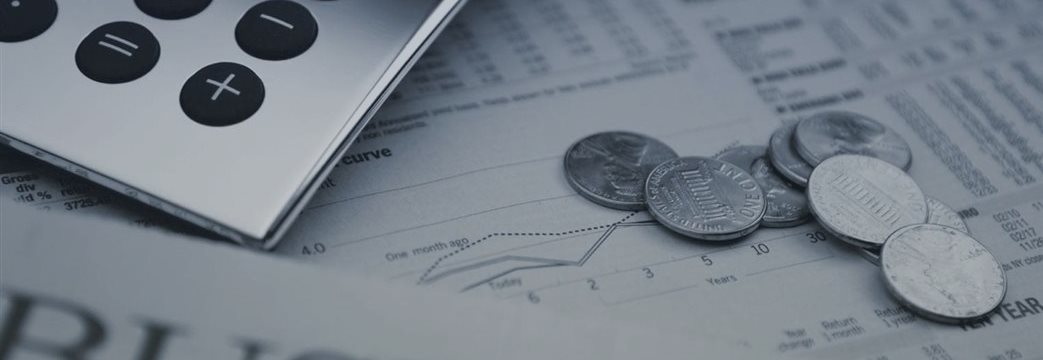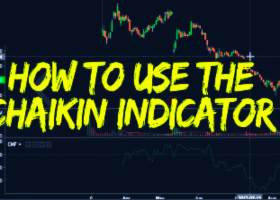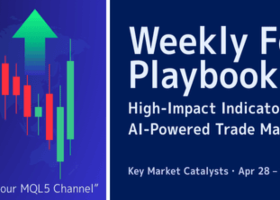
After - about Fed hike and USD after FOMC Meeting by Barclays and Credit Agricole
21 August 2015, 15:11
1
1 710
Int'l financial institutions are continuing to analyse the situation with the USD after FOMC Meeting Minutes, and "developments" in China, Greece and commodities.
Barclays is talking about market inflows of $91bn the past six weeks: "Money market inflows of $91bn the past six weeks signal considerable risk aversion. Composite equity positioning has declined notably and is now modestly underweight, corroborating the view that cash levels have been increased.As investors prepare for the last four months of the year and that pent-up cash likely gets put back to work, we highlight a few of the key signals that we are watching across macro, market and positioning measures that seemingly point to a bottoming in select growth and growthlinked assets. However, China remains an overhang on those assets that are most exposed to further slowing and CNY depreciation."
About Fed hike:
- Barclays: "Our call remains that the Fed will hike in September. US dollar
positioning is still extremely long but US 2y rates positioning is also
very long. This disconnect suggests hedging in rates likely provides a
cleaner option for risks around Fed lift-off."
- Credit Agricole: "USD lost ground broadly after the July minutes highlighted that the Fed is still in data dependent mode (watching the still weak US inflation), dashing hopes for more explicit hints about imminent rate hike. With inflation expectation falling and global growth fears intensifying further since July, rates markets have moved to price in a less than 50% chance of a Fed lift-off in September. Indeed, the CA economists believe that the Fed will respond to more data noise by flattening its rate hike profile rather than delaying lift-off."
About USD after FOMC Meeting Minutes:
- Credit Agricole: "The minutes did little to change our bullish view on USD over medium term. In the near term, however, positioning overhang could weigh on USD performance."


